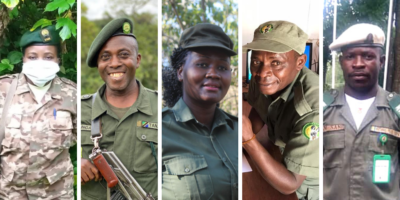
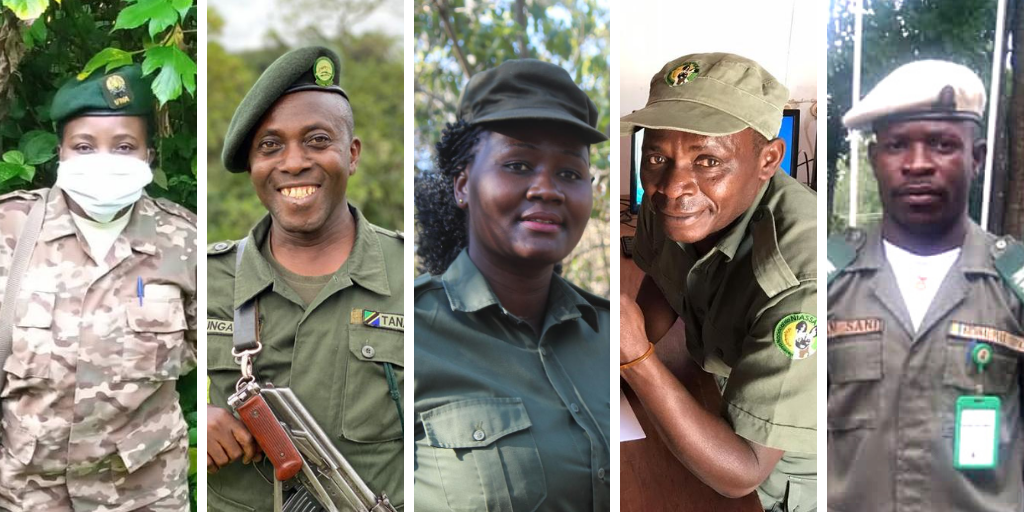

These Wildlife Rangers Are Our Heroes. They Should Be Yours Too.
At a time when environmental protection has never been more important for the future of our planet, the jobs of rangers have arguably never been as vital or dangerous. And yet ask someone to name a well-known ranger, and most will struggle. On World Ranger Day, we want to put names and faces to just a few of these men and women who work under extraordinary pressure, in often dangerous terrain, for little pay, glory or security, to protect wild habitats and wild creatures in the face of ever growing threats from the thriving illegal wildlife trade. Rangers don’t just chase down poachers; they are in many ways the diplomats of the wildlife world, serving as vital links to tourists and communities who live alongside animals, protecting them as much as the animals, and ensuring that national parks remain safe and protected havens for all.
Read on to find out what these unsung heroes do, how they’re handling the Coronavirus pandemic and why we should all salute them:
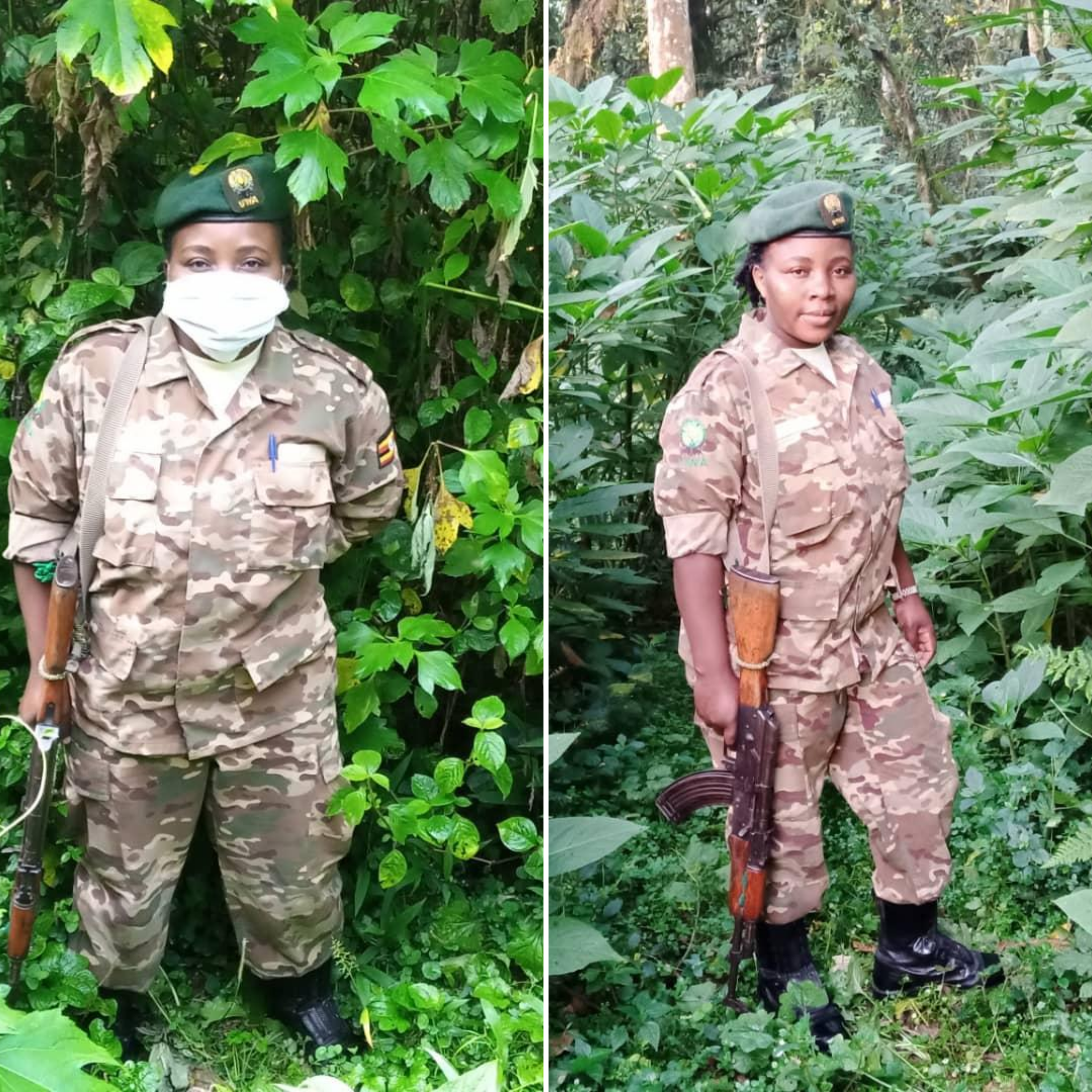

Goreth Niyibizi is a wildlife ranger in the tourism department for Uganda Wildlife Authority in Bwindi Impenetrable National Park, a dense and ancient forest that is home to half of the world’s mountain gorilla population. Out in the field, she wears a mask to ensure gorillas are protected from human communicable diseases to which they are very susceptible. “It is important that we conserve wildlife for the benefit of the nation. As a nation we should learn from this period of COVID-19, many people’s jobs rely on wildlife and tourists who come to our parks.” In Uganda, 20% earned from every gorilla permit sold goes to the local communities, which supports community livelihoods, school infrastructure and roads. Becoming a ranger has always been Goreth’s dream since joining the wildlife club at school, which led her to study a diploma in wildlife and natural resource management. Her job she says “is never boring”.
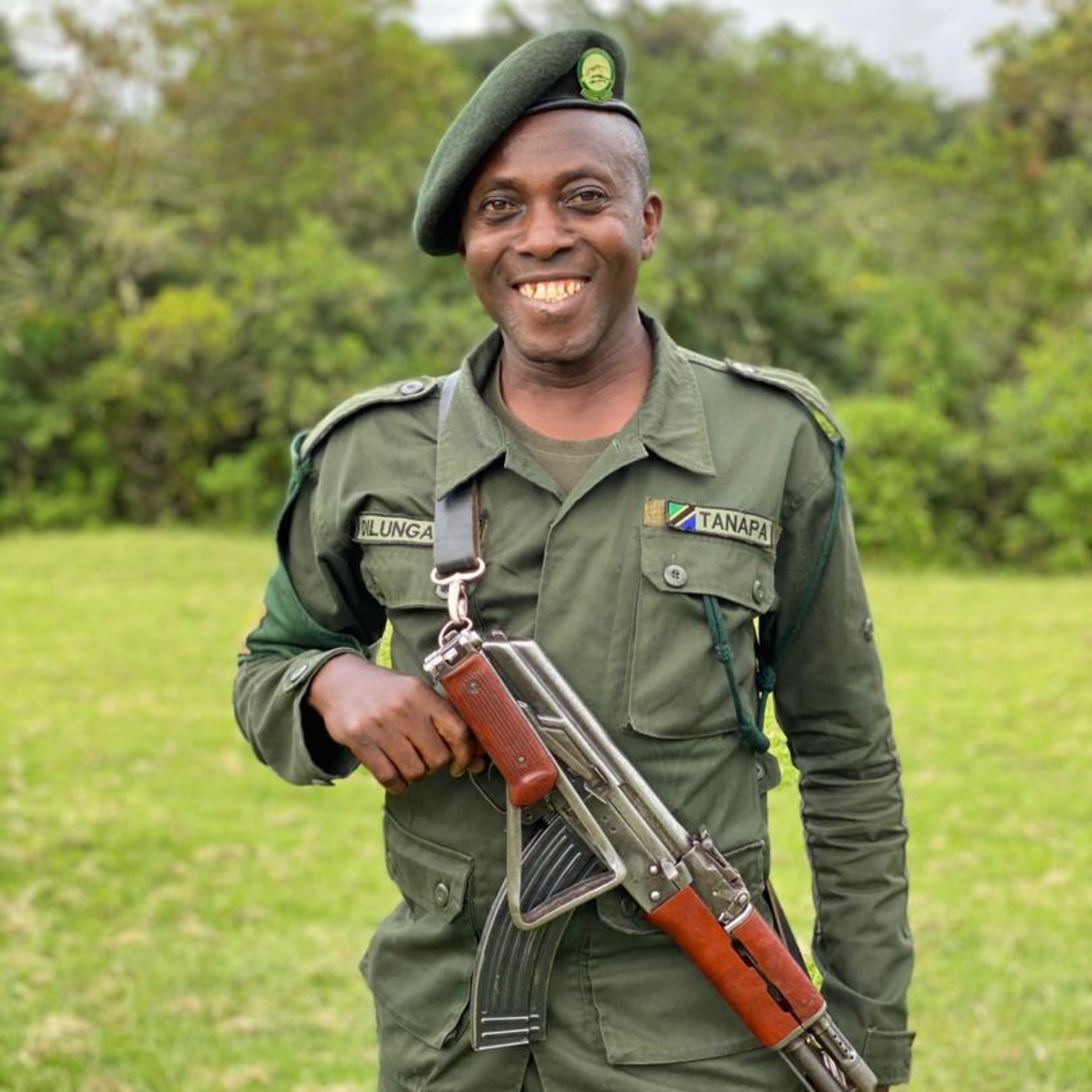

Aloyce Emmanuel Dilunga from Morogoro is a ranger stationed in Arusha National Park. He patrols, ensures the safety of tourists and guards the Tanzania National Parks facilities. He always wanted to become a ranger to be able to protect the wildlife of Tanzania. Once, out on a group patrol, another ranger got attacked by a buffalo. Aloyce distracted the buffalo by sprinting around a tree to tire the animal. The buffalo ripped his jaw but eventually left. This is how he got the scar on his bottom lip and saved his fellow ranger. Despite his close call, he says buffaloes are his favourite animal because they are “smart and confident”.
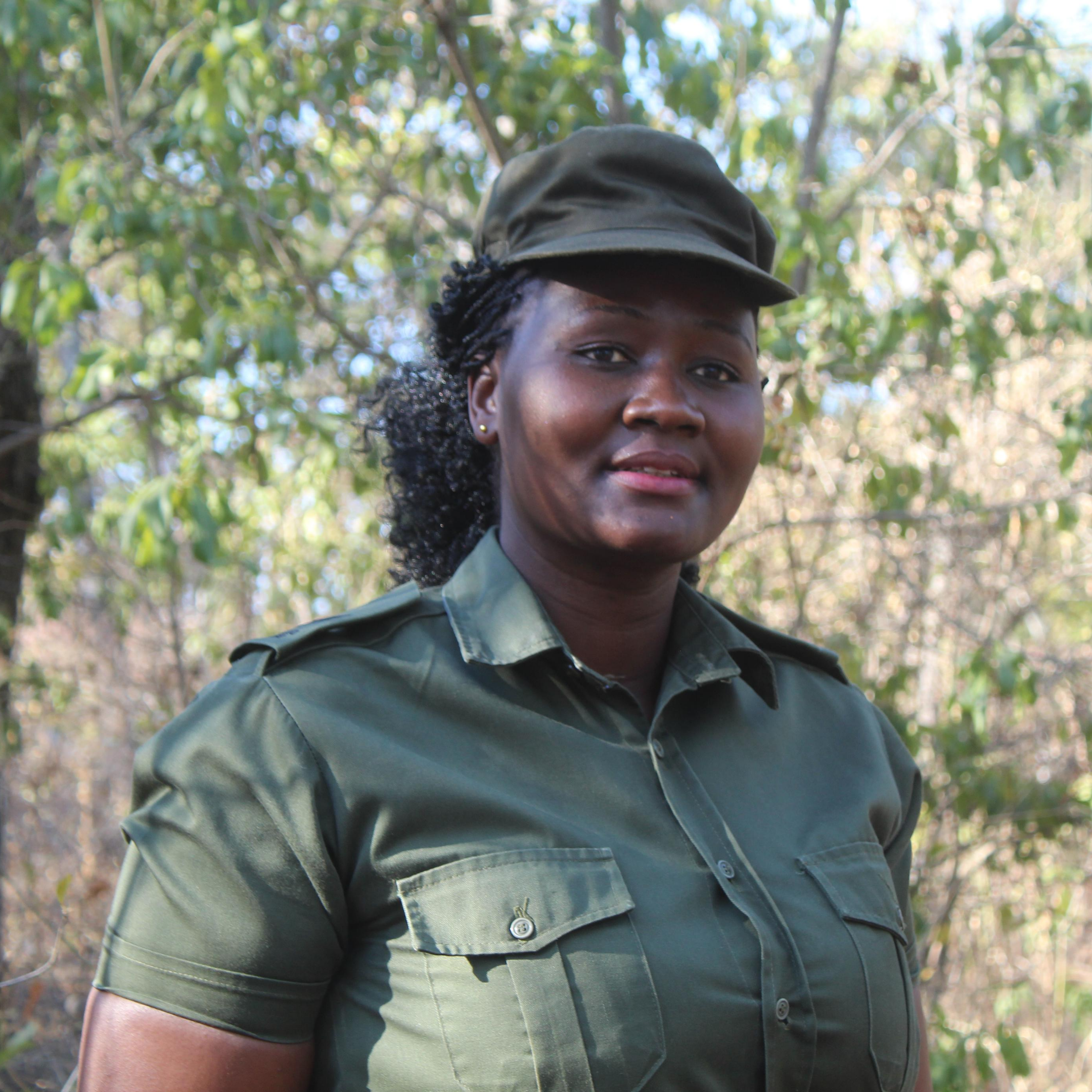

Patience Tsitsi Shumbayaonda is stationed at Umfurudzi National Park, Zimbabwe and has been a ranger for the past three years. Despite battling bad weather, armed poachers and insect bites from the dreaded tsetse fly, she says her job is always adventurous and interesting. Part of her role involves protecting people from the animals, trying to mitigate human-wildlife conflict and spotting animals in distress. “I think animals can sense negative and positive energy,” she says. “I think somehow, they feel our positive energy and do not attack us.”
Being a female ranger in a male dominated field also comes with its fair share of challenges. “Most parks are in remote areas and as rangers, we are separated from our families for longer periods…as women rangers, this has also compromised our ability to get sanitary wear for use in the bush.”
As an aspiring guide, who has seen the positive impacts tourism can have, Patience says she has a message for everyone during these uncertain times: “It is not only the duty of rangers to look after wildlife, but it is everyone’s task, as communities, as nations and globally.”
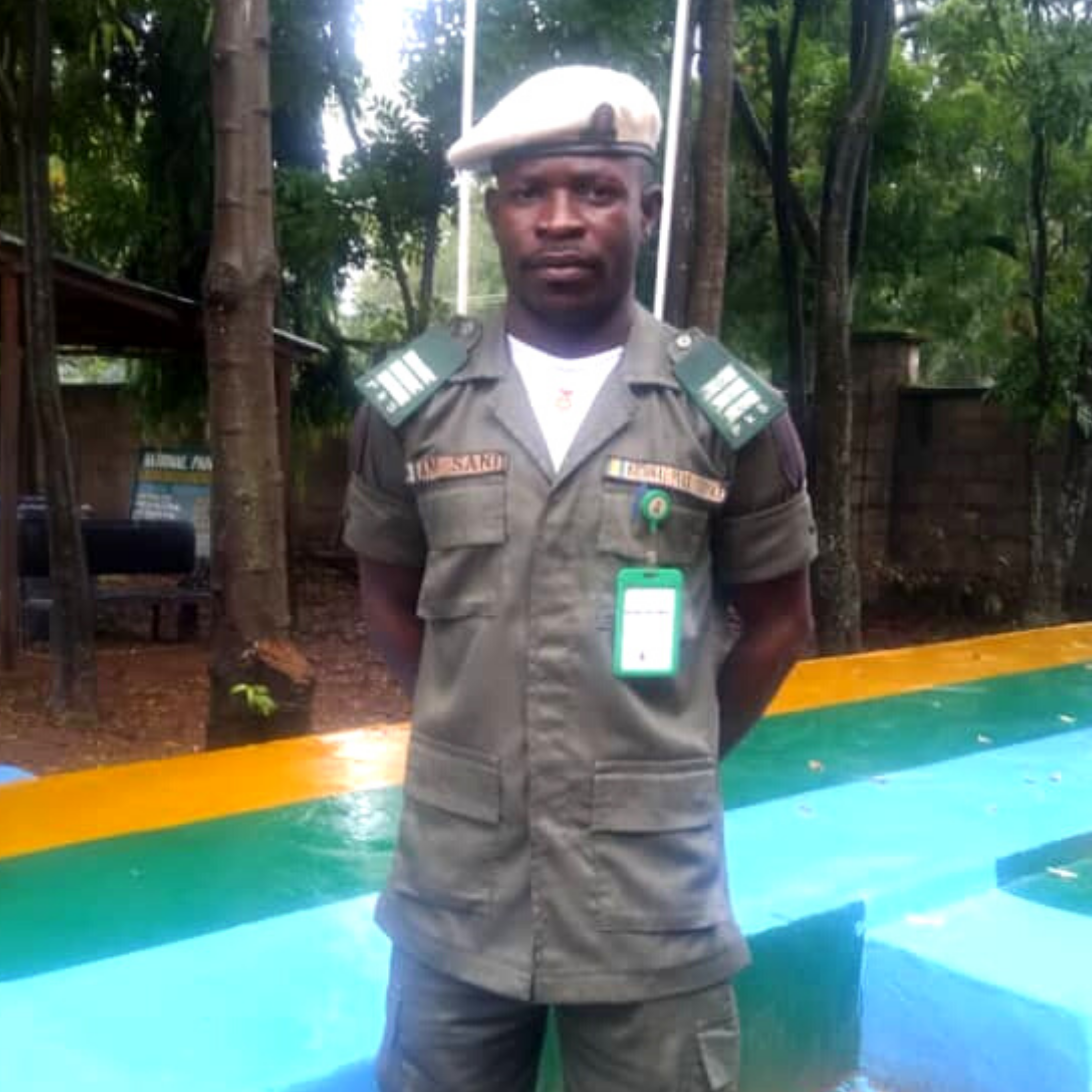

Muhammed Sani Abdullahi from Birnin Gwari, Kaduna State in Nigeria is a ranger in Kamuku National Park, Nigeria where he helps protect the park and its resources while maintaining discipline. He has a passion for wildlife and the wellness of Nigeria’s natural environment, which is under severe threat from human activities like agriculture, infrastructure expansion, hunting and grazing. “I firmly believe that wildlife is an important component of the natural environment and it is interlinked with human existence. The wellbeing of one is linked to the wellbeing of the other.” A moment Muhammed will always cherish in his career as a ranger was when he saw a herd of Roan antelopes, a rare and endangered antelope species, for the first time. “Let us all respect human life and biodiversity.”
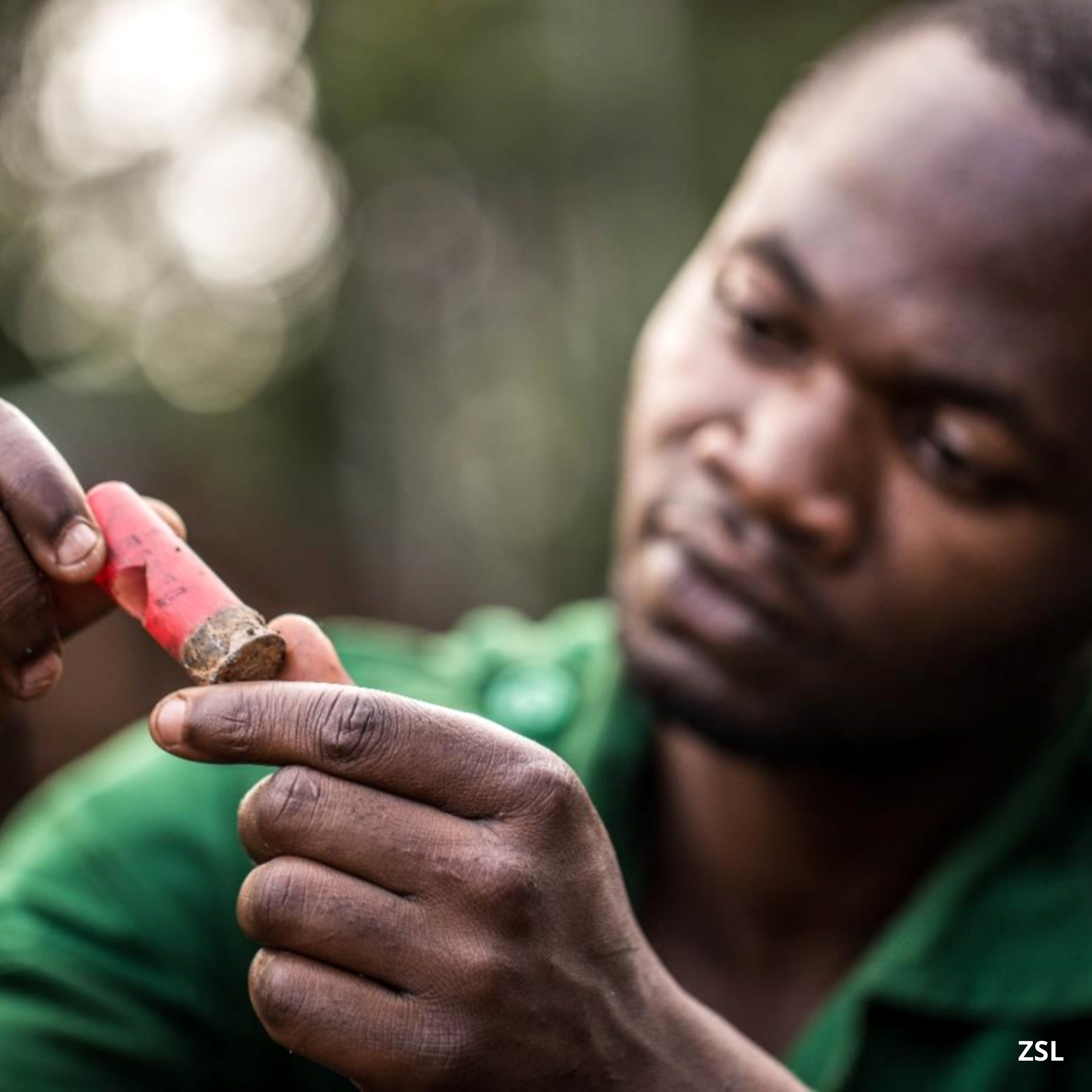

Wabo Puemo Franck Annol is a 26-year-old ranger in Dja Faunal Reserve, the largest protected area in Cameroon in terms of surface area. He loves chimpanzees and monitoring the daily lives of animals with camera traps. Each day, he does planning and implementation of regular anti-poaching patrols, ecological research and monitoring, and raises awareness among local residents about conservation. “Saving wildlife saves nature, and that saves our lives. It is important to protect wildlife because of its vital role in the ecosystem and forests of Cameroon. Forests provide many benefits to humans, including cleaning the atmosphere.”


Luís Daúde is a ranger and operations room radio operator in Niassa Special Reserve, Mozambique, a vast park the size of Switzerland which witnessed some of the worst elephant poaching on the continent. Between 2011 and 2016 alone, Niassa lost more than 8,000 elephants to the illegal wildlife trade. In 2003, poachers shot 22 young and adult elephants inside the reserve, a day Luis recalls as one of the saddest of his career. Since then however, strengthened patrols and surveillance, stricter penalties for poaching and increased collaboration between the government, NGOs and communities has resulted in a park turn-around – with no elephant poaching reported in the last two years. “Elephants are similar to human beings,” says Luis. “The way elephants live in societies and organise themselves are the same as humans. I feel it is important to conserve the environment, especially wild animals, because I am leaving an important legacy for future generations. I encourage everyone to be ready to preserve the environment.”
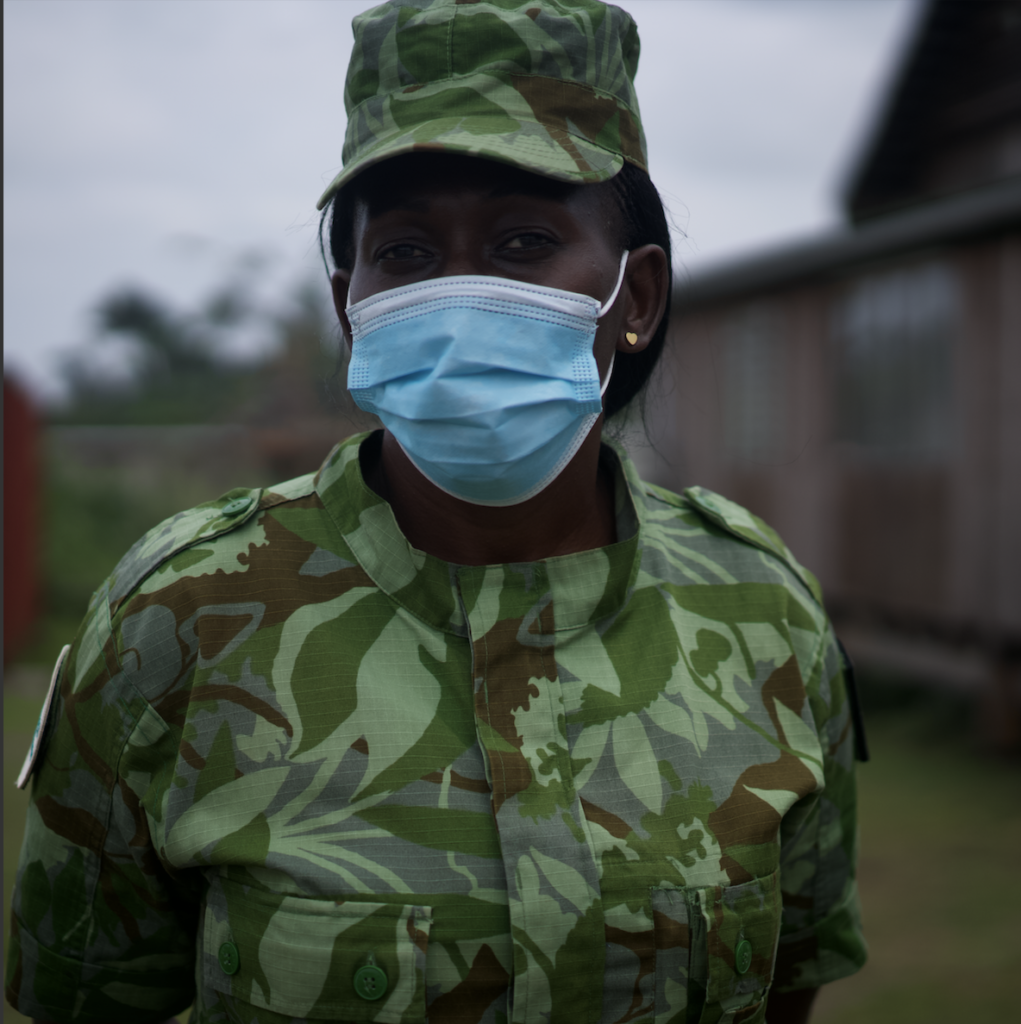

Andréa Minkwe is a ranger in the Raponda Walker Arboretum, a protected area located north of Libreville, Gabon. She believes that by conserving wildlife, we are ensuring the well-being of future generations. “If we destroy everything today, what will the generations to come find after us?” Andréa recalls a time where she had to overcome fear and panic when faced with a dangerous situation on the job. Her team was carrying out surveillance in Waka National Park located in the south of Gabon when they encountered an armed poacher who had protected species as part of his catch on display in a wheelbarrow by the side of the road. After much negotiation with the poacher, the rangers were able to disarm him and made him understand that rangers were not acting as the enemy, but upholding the law. Time spent in nature, Andréa believes, can radically change someone’s mental state and was instrumental in giving her “back a taste for life” during a challenging time in her life. “I had realized the great healing virtues of nature for the human soul…it pushed me to put more into the service of nature, so much it had done me good.”
Watch our video series on the WildAid Africa Instagram TV page, celebrating more of Africa’s unsung wildlife heroes.
Help support rangers around the world.
Stay in touch and get the latest WildAid updates.
SIGN UP